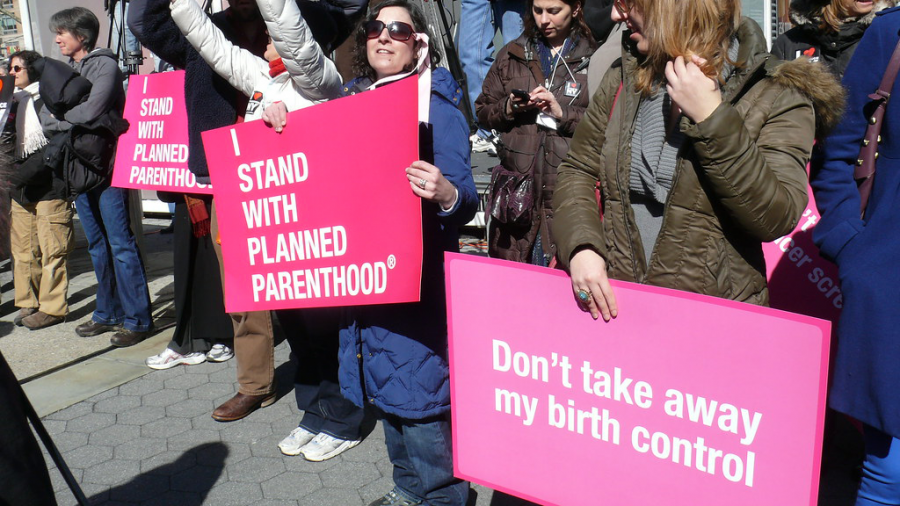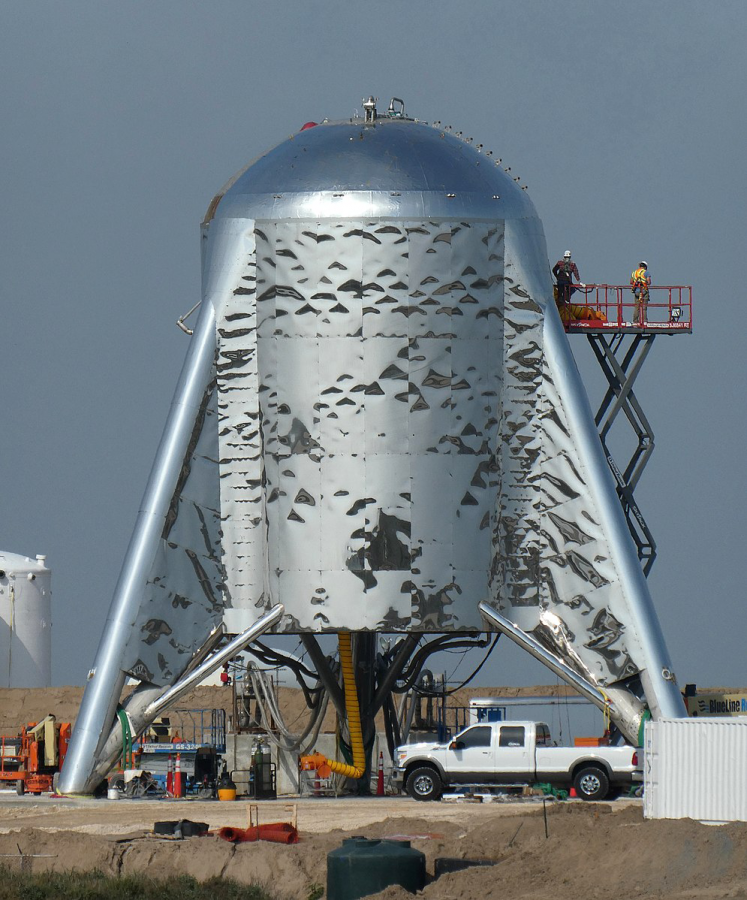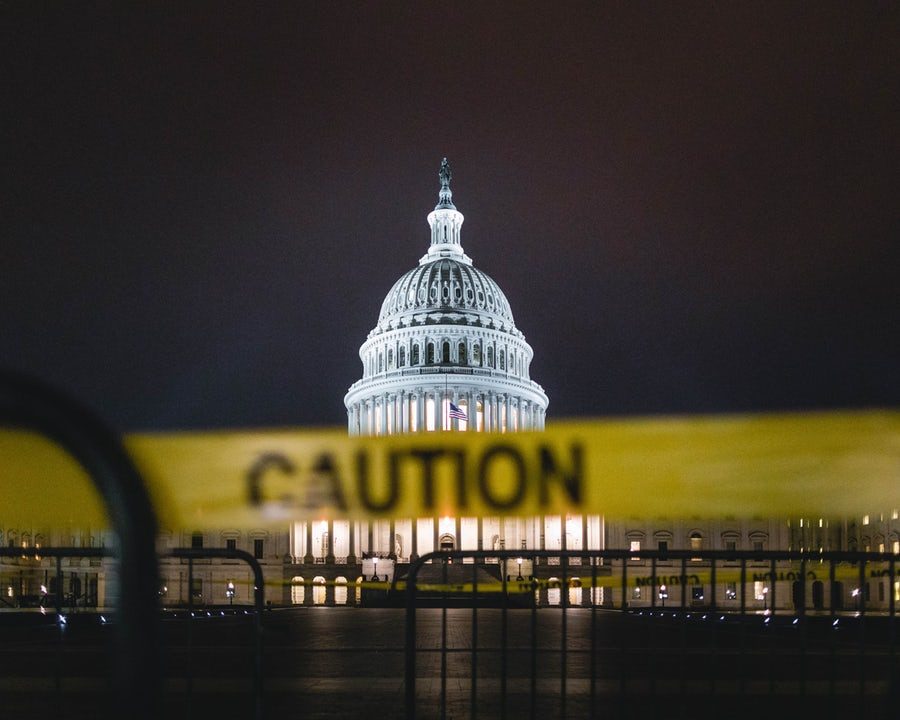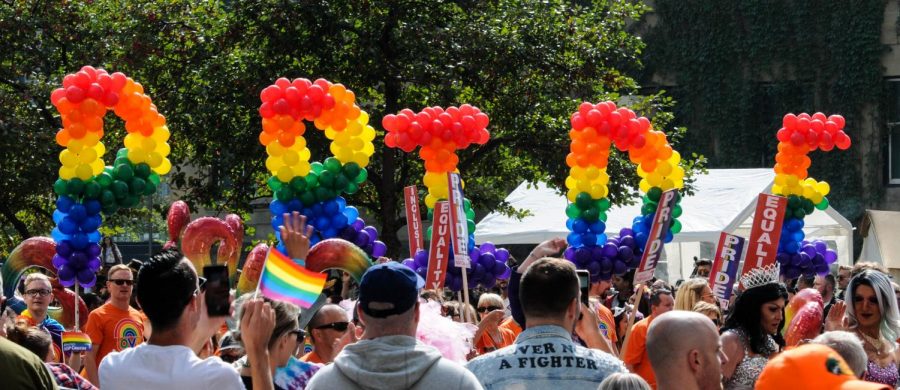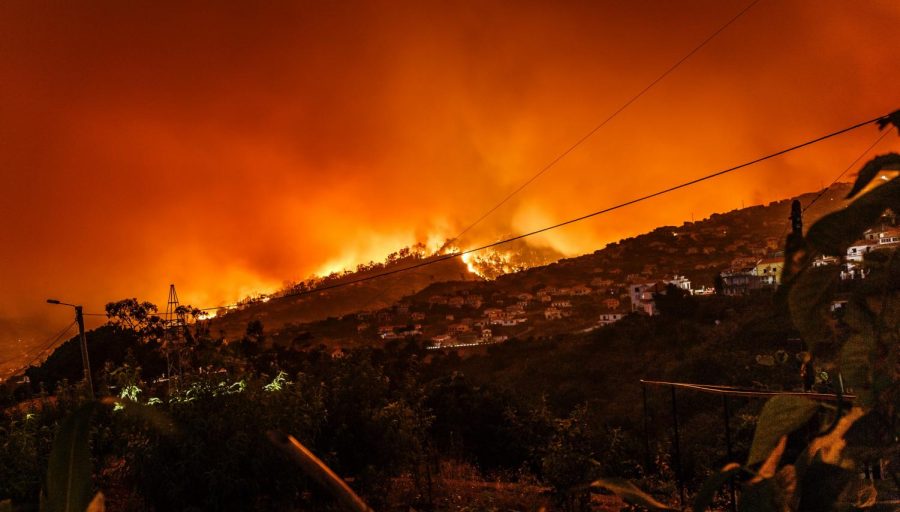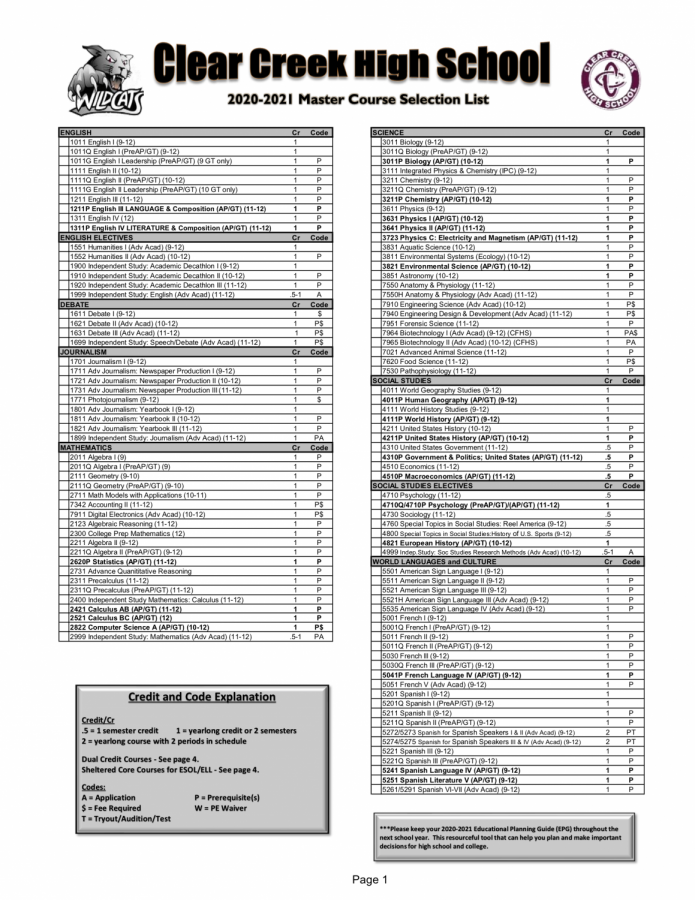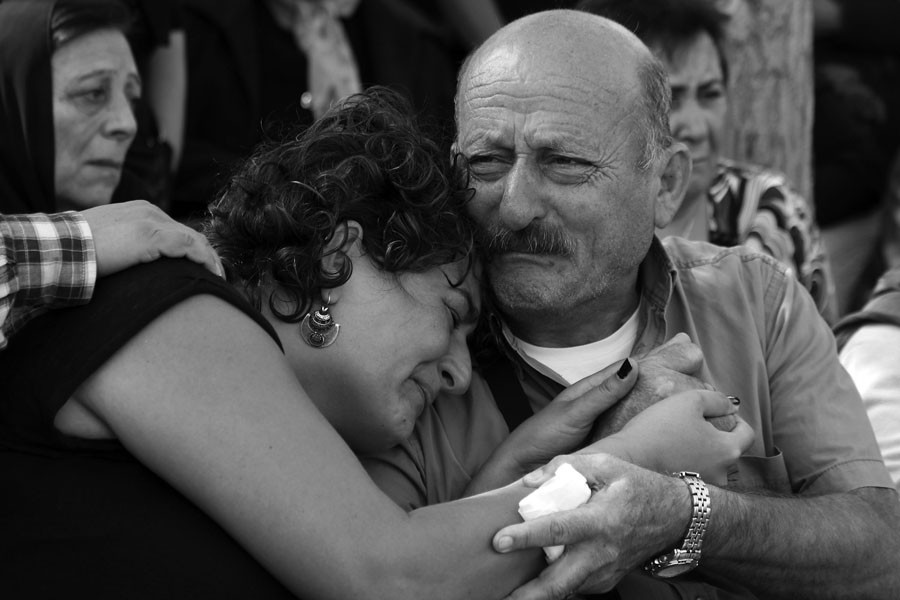Suicide bombing attack in Turkey kills over 100
Oct. 11, 2015 – Ankara, Turkey – The family of Korkmaz Tedik, who was killed during the bomb attack in Ankara, mourn at the funeral as thousands of people gathered in the centre of Turkey's capital to mourn the victims of twin bomb blasts which killed at least 95 people on Oct. 11, 2015 in Ankara. (Tumay Berkin/Zuma Press/TNS)
October 28, 2015
A suicide bombing took place in Ankara, Turkey on October 10, 2015. 102 people were killed in this attack and 250 more were seriously wounded. The attack was one of the deadliest in recent history, with two explosions taking place at the same time.
The target of this attack was a protest movement in Turkey’s capital against the violence happening between authorities and the PKK (Kurdistan Workers’ Party), a Kurdish military group. The PKK is fighting for cultural and political rights for citizens as well as the ability of self-determination. The protest was largely meant to be peaceful, but the twin suicide bombings interrupted it. The Turkish government claims that no group or party has come forward to claim responsibility for the attack and it is believed to be the work of individuals, despite other attacks earlier this year.
The people of Turkey have not responded well to the series of attacks. They are angered by the deaths of so many citizens, claims that “scum” attacked them and that the long-term goal is to “divide the nation”. Others are spending their time “mourning for peace” and the lives lost. The Turkish president urged his people to be “against, not on the side of, terror” and promised to find and deliver justice to anyone connected to the cause of the attack.
“I strongly condemn this heinous attack on our unity and our country’s peace. No matter what its origin, aim or name, we are against any form of terrorist act or terrorist organization. We are obliged to be against it together.” Recep Tayyip Erdoğan, the Turkish president, said.
This attack may also have an ISIS, or Islamic State of Iraq and Syria, connection. One of the bombers, identified through DNA testing, was Yunus Emre Alagoz. He has been reported to be the brother of Şeyh Abdurrahman Alagoz, the perpetrator of a bombing on Suruc on July 20. The Suruc suicide bombing was a targeted attack by the ISIS on workers attempting to rebuild Kobani. However, the ISIS has not claimed responsibility for either attack.
Some people blame the rally that had been taking place itself. A few individuals claim that the peace rally disturbed a situation better left alone. It created unnecessary aggravation and provided a prime chance for terrorists to strike. Others place the blame solely on the shoulders of those who organized the rally.
“Our people need to be careful of such provocateurs that organize terrorist demonstrations in order to incite discord in social harmony.” Veysel Eroglu, minister for forestry and water, said.
Germany, Russia, and the United States have all offered their condolences to Turkey and the U.S. has confirmed that they will stand with Turkey against these attacks. Over 10,000 people marched down the streets of Istanbul in protest of the attacks. Three cities in France- Paris, Strasbourg, and Marseille- and one city in




